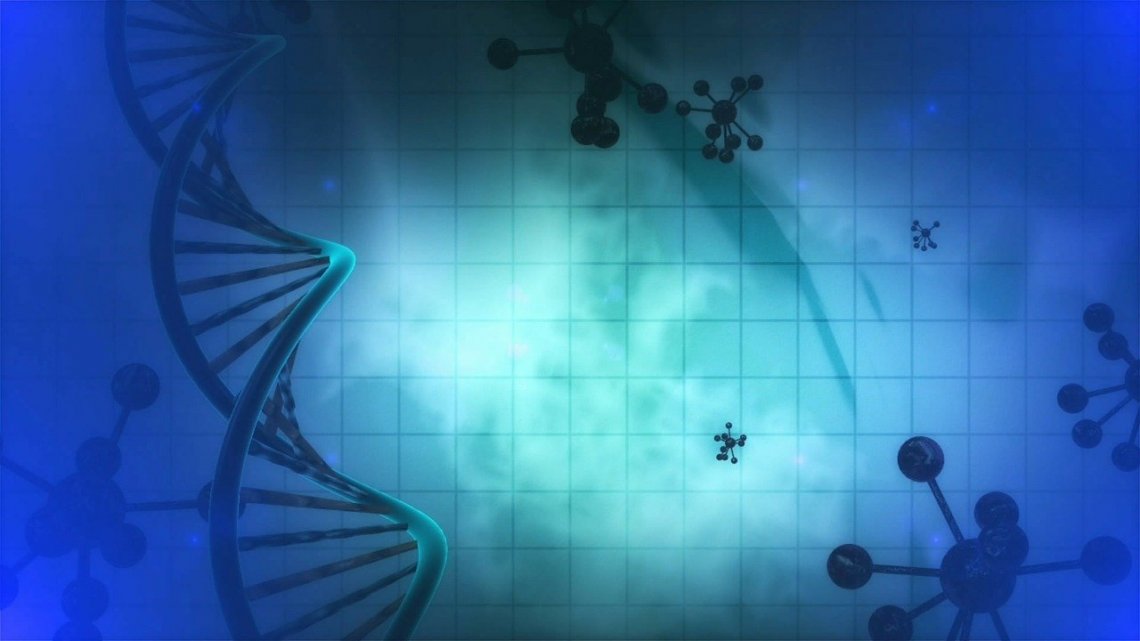Epigenetic dysregulation enhances cancer cell metabolism
A key characteristic of cancer cells is their ability to adapt their metabolism to their environment. Most cancer cells drastically increase their glucose and glutamine uptake, providing them with energy and building blocks for cell growth and proliferation. Some metabolic changes in cancer cells are directly influenced by epigenetic regulation, and the metabolic changes themselves can in-turn alter the epigenome of the cancer cells.
The metabolic disruptions in cancer cells were first described by German physician and Nobel Laureate Dr. Otto Warburg in the 1920’s, who found that cancer cells have regulatory abnormalities in glucose metabolism. Further research demonstrated that many metabolic pathways are disrupted in cancer cells, providing cancer cells with the additional building blocks and cellular energy to accommodate their rapid proliferation and adapt to the diverse environments and mutations that tumours must survive with.
Metabolic dysregulation
Metabolic adaptations can be driven by epigenetic shifts, such as the re-activation of the branched chain amino acid catabolic pathway in some cancer cells. However, the adaptations of tumours to their local environment can also cause secondary effects to their epigenetic landscape, as is the case in many colorectal cancer stem cells.
Within these tumours, glutamine in the local environment is quickly depleted by the increased metabolic demands of the tumour. This glutamine shortage then depletes the levels of the metabolites derived from glutamine, such as α-ketoglutarate.
α-ketoglutarate is an essential co-factor for DNA and histone demethylases, enzymes which regulate the epigenome. Upon α-ketoglutarate depletion in colorectal cancer stem cells, a sharp increase of histone H3K4 trimethylation and DNA methylation occurs. In these tumours, H3K4 trimethylation results in an activation of the Wnt cellular signaling pathway, which promotes stem-like properties in the cancer cells. DNA methylation decreases the expression of differentiation-related genes, helping to maintain stem-like properties and enabling the tumour to adapt to changing environments and treatments. Together, these changes promote the acquisition of cancer stem cells, which complicates the treatment of colorectal cancers.
While α-ketoglutarate depletion increases the stem-like characteristics of cells within a tumour, this process is reversable. By providing tumours with cell-permeable α-ketoglutarate, researchers found that they could induce cancer stem cell differentiation, thereby depleting the number of cancer stem cells. Combined with traditional therapeutics, α-ketoglutarate treatment may offer a valuable therapeutic tool.
In other cancers such as diffuse intrinsic pontine gliomas, however, high levels of α-ketoglutarate contribute to the pathogenesis and epigenetic abnormalities, such as excessive histone demethylation, within the tumours. In these cancers, glutamine uptake is enhanced by the increased expression of the glutamine transporter SLC1A5. High levels of glutamine result in a downstream decrease of H3K27me3 due to the excess production of α-ketoglutarate created from glutamine. This epigenetic change leads to an upregulation of genes involved in proliferation, increasing the growth rate of these cancers.
The enzyme IDH1 catalyzes the production of α-ketoglutarate. By inhibiting the activity of this enzyme, production of α-ketoglutarate can be impaired, leading to increased levels of H3K27me3 and suppression of cancer cell growth. Targeting α-ketoglutarate levels offers a potential therapeutic lead for diffuse intrinsic pontine gliomas, a cancer which currently has a 100 per cent mortality rate.
These studies show how the metabolic adaptations of cancer cells can influence their epigenetic landscapes. Altered metabolite levels can alter enzyme activity, leading to epigenetic dysregulation and cancer progression. And in many cases, these alterations may represent a promising therapeutic target.

